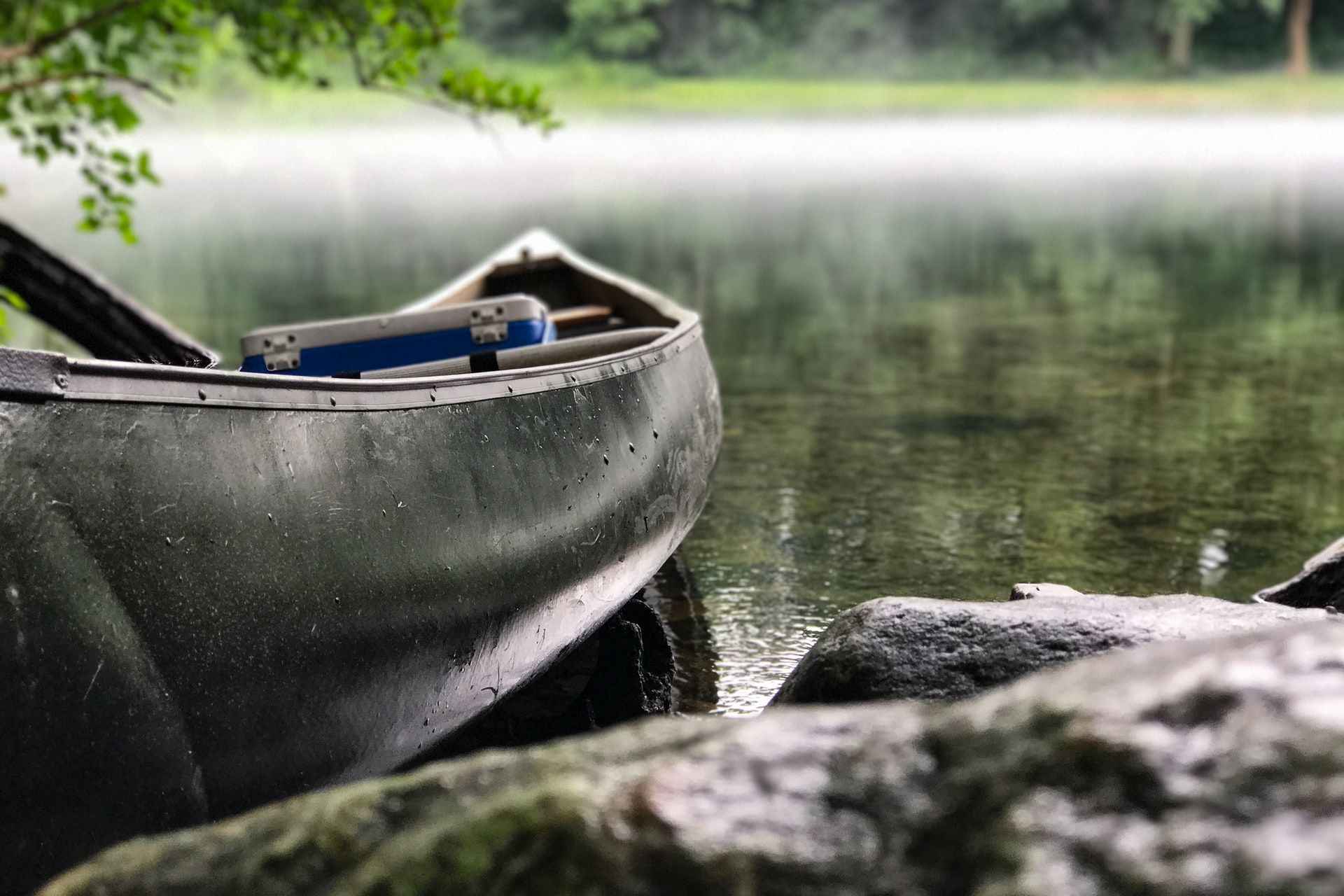Angler's Guide to Packing a Cooler
Packing a cooler isn't just throwing in some ice and your content. It takes science and technique for it to last longer. Find out how.


Do we really need a guide to packing a cooler? Everybody knows how easy it is to load things up in a cooler. All you need to do is throw in some ice and everything’s going to be fine, right?
Packing a cooler sounds easy, sure. But packing a cooler so that it will remain cool for the whole trip and nothing inside will be spoiled or damaged is a totally different thing. It isn’t just about throwing some ice inside a cooler box. It entails preparation and, well, science and art.

Why the Need to Carry a Cooler?
May it be your drink or food - or your fresh catch of the day - the purpose of a cooler is to keep them fresh and cool. You do not want to munch on questionable refrigerated food and going home with a not-so-fresh catch anymore, would you? So, when you are going angling, whether it's in-shore or off-shore fishing, it is important to bring a cooler with you. This is especially during the months of July and August when the heat is almost unbearable.
Anglers who have fished in tournaments have experienced having some weight deducted off their bags because of a dead fish. And you would not want to experience that yourself. In addition, in case there is a cooler available, anglers find it much of a hassle to keep on refilling it with ice.
We have prepared a list of the things that you should do and some tips on packing a cooler, so that it will remain cool for an extended period of time.
Pre Preparation
Clean Thoroughly
The day before your angling trip, make sure to clean your cooler and take out everything that was leftover from the last trip. Make sure to wash it thoroughly and spray with disinfectant spray to get rid of the cooler’s lingering smells. This will also create a clean area for the things that you will store.

Pre-Chill
Bring it inside and pre-chill your cooler with sacrificial ice, or in simpler words, cold water. Make sure that the core of your cooler is at room temperature or even colder for optimal performance.
Food Prep
Pack the things that you will be needing for the trip; this includes your snacks and drinks. To save space, it is better if you pre-chop your veggies and marinate your meat ahead of time. Likewise, portioning out the condiments into smaller containers will help save space.
- Freeze food that is easily perishable.
- Refrigerate those that do not need to be frozen.
Remove Excess Packaging
Store packaging takes up a lot of space. So, if you can repack them into smaller containers, the better. Likewise, remove egg trays as the ice in the cooler will cause them to get wet and will cause a total mess.
Opt for Leak-Proof Containers
Transfer anything that can leak into leak-proof containers for two reasons. The first is it is resealable, and the second is it will help keep your cooler neat and clean.
Ice Selection
Block Ice and Freezer Packs
Block ice and freezer packs are solid blocks of ice that take much longer to melt than ice cubes. These are the best ice foundations when packing your cooler. Just make sure to place these at the bottom of your cooler and on top of them for better storage.
If you do not have freezer packs, you can try freezing bottles of water with about ¼ of the water removed from inside. This will allow the ice to expand.
Ice Cubes
Ice cubes do a great job of filling in the cracks inside your cooler. It is advisable that you fill in the spaces between your food items with ice cubes.
Dry Ice
Using dry ice is recommended for extended trips. Dry is extremely cold and can freeze anything it touches. So, you have to be very careful in handling dry ice because it can freeze even your fingers.
Packing your Cooler
Block Ice on Bottom
When packing your cooler, make sure that you begin with a layer of black ice on the bottom. Then, place your food items in reverse order. This means that you have to put the meals you will consume last on the layer next to the ice pack, followed by the meals you will consume first.
Fill in with Ice Cubes
What you want to avoid in preparing your cooler is the large air pockets, as this will cause the ice to melt faster. So, fill in the spaces and cracks with ice cubes. This way, there will be less air trapped inside your cooler, and ice will last longer.
Just Add Salt
Sprinkling rock salt on top of the ice cubes will help lower its melting rate. So, it is recommended that you add just a handful of rock salt to the top layer of ice before you head for the waters.
Two to One
When packing your cooler, it is a general rule that you maintain a 2:1 ratio of ice to cooler contents.
Placing it Into the car
Make sure that before you put your cooler into the car, everything and everybody else is already settled. Always remember that the cooler should be the last thing you place in your car.
How to Make the Ice Last Longer
Keep your Icebox Shut
An important factor that causes the ice to melt faster is when heat enters your cooler. This happens when you frequently open the lid during your angling trip. So, it is advisable to keep your cooler closed as much as possible.
Don’t Drain the Water
It is not known to some that when the ice melts and becomes water, it makes the melting rate of the other ice faster. However, when your icebox is used for storing your catch, it is advisable not to drain the water out. As the day winds down, the ice also melts. The water temperature of the melted ice will help give an icy chill that keeps the temperature of the insulation inside the cooler down.
Keep it Shady
Make sure to put your cooler somewhere shady. You would not want it directly placed under the sun as it may overly warm the insulation. If you can't find cooler storage in your boat, you can drape a beach towel over the cooler.




